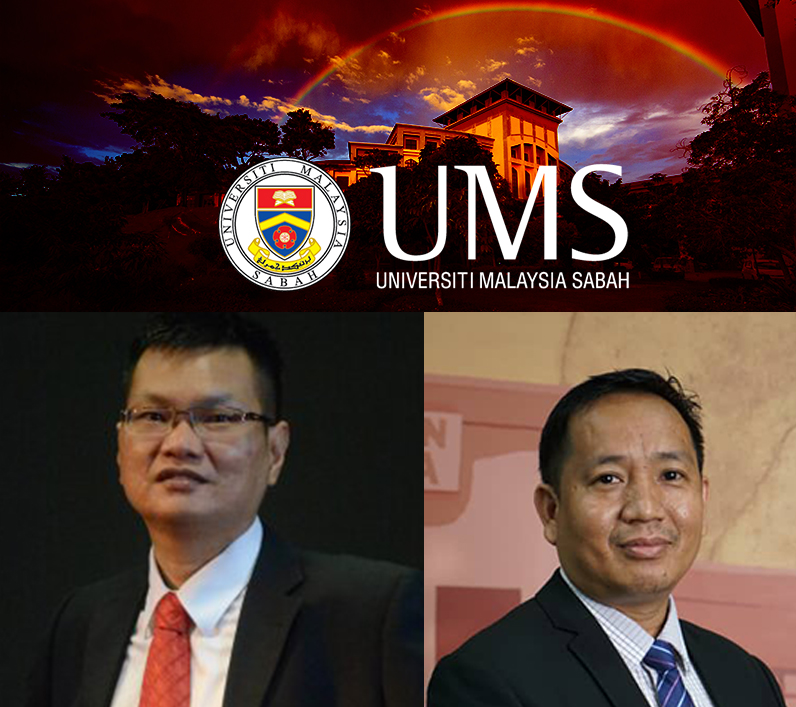 KOTA KINABALU: A local political analyst remains positive that the ruling Gabungan Rakyat Sabah (GRS) alliance is the key to political success in the state.
KOTA KINABALU: A local political analyst remains positive that the ruling Gabungan Rakyat Sabah (GRS) alliance is the key to political success in the state.
Universiti Malaysia Sabah (UMS) senior lecturer Assoc. Prof. Dr Lee Kuok Tiung said GRS has become a unified platform for Perikatan Nasional (PN), Barisan Nasional (BN) and Parti Bersatu Sabah.
"We have seen (these political) groups going through difficulties starting with an initial 'friendly match', observed in their challenges in sorting out seat distributions. Later on, we saw it in the process of the appointment of Sabah Chief Minister (after the 16th state election).
"I believe what these parties went through made them more mature; and they have built a trust with each other, especially on the importance of mutual understanding and collaboration in the interest of the people.
"We have already heard, a few times, the call from GRS leaders to put aside politicking to focus on helping the rakyat in this turbulent time caused by the Covid-19 pandemic," he told New Straits Times when contacted today.
Lee observed that GRS leaders would do what it takes to defend the alliance despite the tense relationship between Umno and Parti Pribumi Bersatu Malaysia (Bersatu) in the peninsular.
This was evident through the memorandum of understanding (MoU) on Saturday (Jan 9) that was signed by the top leaders of the nine Sabahan political parties that form the GRS-led state government.
The MoU, among other things, required all of these component parties to maintain the cooperation with each other, while rejecting any interference from anyone who wanted to disturb the political alliance.
The MoU also stressed upon strengthening political ties through discussions and negotiations based on understanding among the parties in GRS.
Lee said if there is anything good to come out of the MoU, it would be a better and solid GRS which was free from political interference from the peninsula.
He described the current political tension in the peninsula as "stable-tension", with seat distribution issues for the 15th General Election (GE15) as a main factor contributing to the strain.
"Sabah Umno has been talking about autonomy since GE14 and they have been granted the autonomy. Thus, this is also an opportunity for Sabah Umno to show to the rakyat they've got the power to decide for the benefit of the people of Sabah."
Meanwhile, Ethno-politics expert Dr Romzi Ationg, however, said he was not convinced with the current political cooperation within GRS despite the recent MoU.
He said any development in peninsula politics would affect GRS should the presidents of Umno and Bersatu make it compulsory for separation of certain matters at the state-level.
"Even if state leaders decide to ignore any directive (as a result of political developments in the peninsula), any disagreement on these issues among Sabahan political leaders will still lead to problems in the state.
"This, for sure, will affect the GRS-led state government. However, I hope all state leaders are interested in consolidating political ties at the state-level for the sake of the people," said Romzi, who is also a senior lecturer at UMS.
He urged all GRS parties to avoid chasing after personal interests, but instead to uphold the interest of the people whenever they faced challenges that could jeopardise the unity within the alliance.
For now, he hoped to see Sabah Umno and Sabah Bersatu holding on to their political autonomy. He also hoped these parties would reject outside interference that could break GRS.
Nonetheless, Romzi said anything could happen in politics, including a possibility of GRS leaders violating the MoU when pressured.
Source: https://www.nst.com.my/news/politics/2021/01/656156/grs-key-political-success-sabah-says-analyst